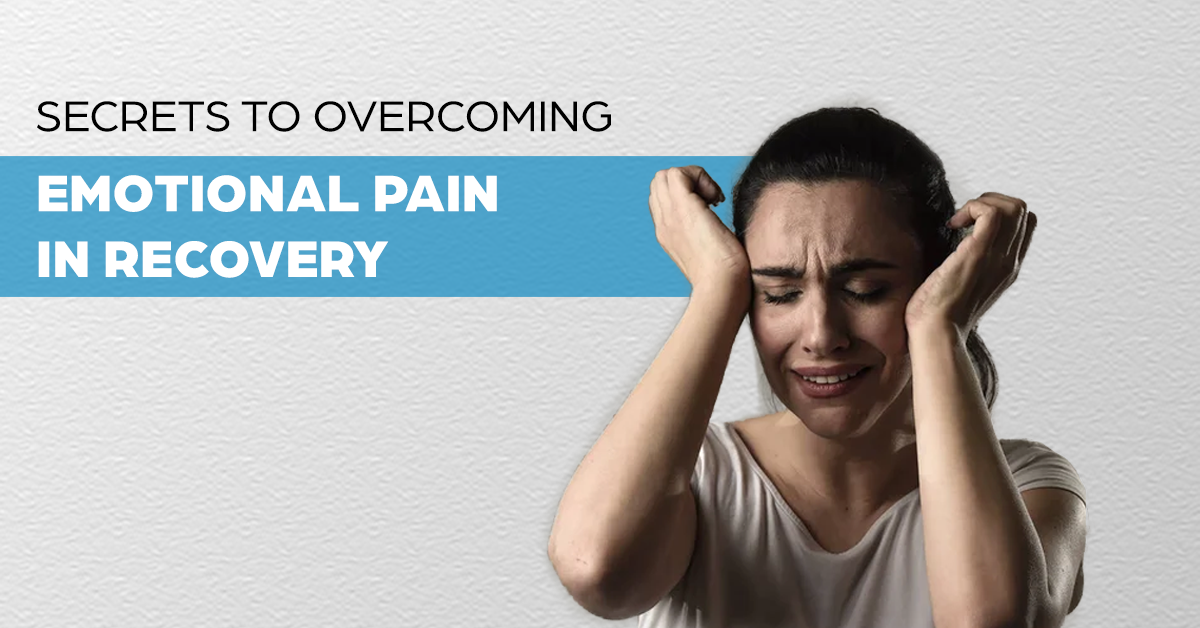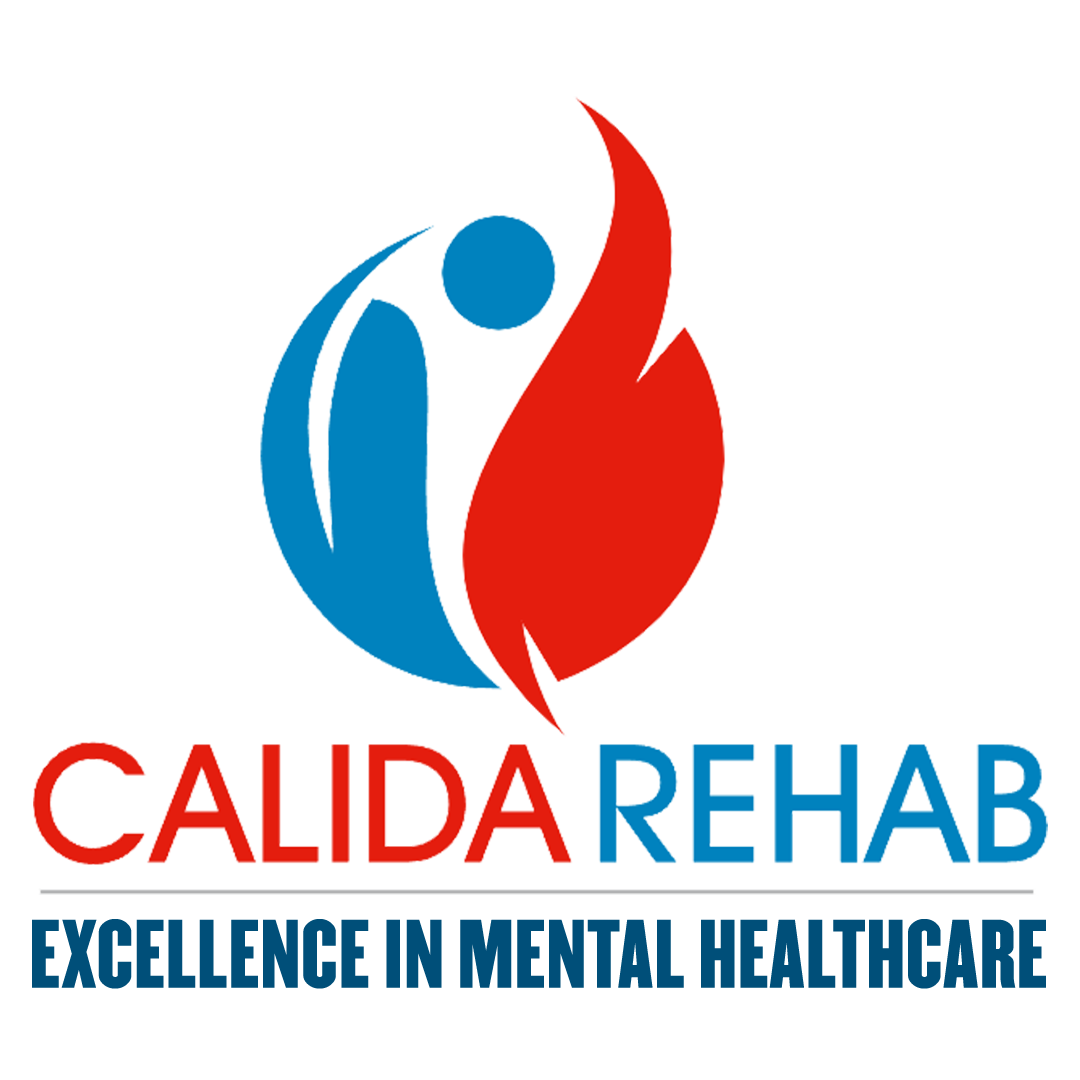
Secrets to Overcoming Emotional Pain in Recovery
Secrets to Overcoming Emotional Pain in Recovery
Recovery is a transformative journey, not just for the body but for the mind and soul. While addressing physical dependencies is crucial, the emotional pain underlying addiction or mental health struggles often serves as the biggest obstacle. Without dealing with this pain, the recovery process remains incomplete. Understanding and managing emotional pain is essential to achieving lasting recovery and a fulfilling life.
In this blog, we explore actionable secrets to overcoming emotional pain in recovery and how professional help can make the process smoother.
1. Understand the Root of Emotional Pain
To overcome emotional pain, you first need to understand its source. Pain often stems from unresolved trauma, unhealthy relationships, guilt, shame, or unfulfilled expectations. Identifying these root causes allows you to work through them rather than avoid or suppress them.
How to Identify the Source:
- Journaling: Writing your thoughts and feelings daily can help you discover patterns.
- Therapy: A skilled psychologist or counselor can guide you in identifying triggers and unhealed emotional wounds.
- Meditation and Reflection: Practices like mindfulness help you explore your emotions without judgment.
2. Practice Emotional Awareness
Many people in recovery struggle to understand or process their feelings. Emotional awareness is the ability to recognize and name your emotions. By doing so, you can better manage them instead of letting them control you.
Tips for Building Emotional Awareness:
- Pause and Acknowledge: When you feel overwhelmed, pause to identify what you're feeling.
- Emotional Check-Ins: Set aside time daily to reflect on your emotional state.
- Use an Emotion Wheel: Tools like an emotion wheel can help you find the precise word for your feelings.
3. Let Go of Guilt and Shame
Guilt and shame are common emotions in recovery. They can stem from past actions or the stigma associated with addiction and mental health struggles. Holding onto these feelings can hinder your progress and self-esteem.
Strategies to Release Guilt and Shame:
- Forgive Yourself: Recognize that everyone makes mistakes and that recovery is about growth, not perfection.
- Confide in a Trusted Person: Sharing your feelings with a therapist or trusted friend can reduce the weight of guilt and shame.
- Affirmations: Use positive affirmations like, “I am worthy of healing,” to reframe your mindset.
4. Build a Support System
Recovery is not a journey you need to take alone. A strong support system can help you process emotional pain and provide encouragement during tough times. Whether it’s friends, family, or a support group, surrounding yourself with understanding people can make all the difference.
Ways to Build Support:
- Join Support Groups: Programs like AA, NA, or other mental health support groups offer shared experiences and advice.
- Rely on Professional Help: Therapists and counselors can provide guidance tailored to your situation.
- Foster Healthy Relationships: Seek out people who uplift and inspire you.
5. Learn to Sit With Discomfort
One of the hardest parts of recovery is sitting with uncomfortable emotions instead of trying to escape them. Emotional pain can feel unbearable, but avoiding it often leads to unhealthy coping mechanisms, like substance use or withdrawal.
Ways to Cope With Discomfort:
- Mindfulness Practices: Mindfulness meditation helps you stay present with your feelings without judgment.
- Breathing Exercises: Controlled breathing techniques, like the 4-7-8 method, can calm your nervous system.
- Grounding Techniques: Use sensory grounding techniques to reconnect with the present moment.
6. Engage in Healthy Outlets
Channeling emotional pain into healthy activities can help you process it effectively. Creative outlets, physical activity, and new hobbies can provide a sense of purpose and accomplishment while improving mental health.
Suggestions for Healthy Outlets:
- Art Therapy: Painting, drawing, or crafting allows you to express emotions creatively.
- Physical Exercise: Activities like yoga, running, or dancing release endorphins and reduce stress.
- Volunteering: Helping others can shift your focus from pain to purpose.
7. Reframe Negative Thoughts
Recovery often brings negative thoughts like self-doubt, fear, or hopelessness. Reframing these thoughts into positive or neutral ones can transform your outlook and reduce emotional pain.
How to Reframe Your Thoughts:
- Cognitive Behavioral Therapy (CBT): CBT techniques teach you to challenge and change negative thought patterns.
- Gratitude Journaling: Write three things you’re grateful for every day to shift your focus.
- Replace “What If” With “What Is”: Instead of worrying about the future, focus on the present reality.
8. Embrace Professional Help
Emotional pain can sometimes be too overwhelming to handle alone. Seeking professional support from psychologists, psychiatrists, or rehabilitation centers can provide the tools and environment needed for effective healing.
Why Professional Help Matters:
- Therapists and Psychologists: They offer evidence-based therapies like CBT, EMDR, and talk therapy to address trauma and emotional pain.
- Rehabilitation Centers: Structured programs help you recover in a supportive, nonjudgmental environment.
- Psychiatrists: For individuals needing medical support, psychiatrists can help manage mental health conditions with medication.
9. Cultivate Self-Compassion
Self-compassion means treating yourself with the same kindness you’d offer a friend. Recovery is a process with ups and downs, and self-compassion can help you stay motivated during setbacks.
How to Practice Self-Compassion:
- Speak Kindly to Yourself: Replace harsh self-criticism with supportive self-talk.
- Celebrate Small Wins: Acknowledge every step you take toward recovery.
- Be Patient: Healing takes time, so allow yourself the grace to progress at your own pace.
10. Focus on a Vision for the Future
Visualizing a positive future can help you stay motivated through emotional pain. Envisioning your goals and the life you want to create provides a sense of purpose.
How to Stay Future-Focused:
- Create a Vision Board: Include images and quotes that represent your goals and dreams.
- Set Small, Achievable Goals: Break your larger aspirations into manageable steps.
- Celebrate Milestones: Recognize how far you’ve come in your journey.
Why Choose Professional Support Like Calida Rehab?
At Calida Rehab, we understand that overcoming emotional pain is a crucial part of recovery. Our expert team of psychologists, counselors, and medical professionals provide personalized care tailored to your needs. With locations in Pune and Karjat, we offer a safe, compassionate environment for healing.
Our services include:
- Comprehensive mental health and addiction treatment programs.
- Trauma-focused therapies to address the root causes of emotional pain.
- Holistic approaches, including mindfulness, yoga, and art therapy.
Take the First Step Toward Healing
Emotional pain doesn’t have to control your life. By addressing its root causes, practicing self-awareness, and seeking professional help, you can overcome it and lead a fulfilling, balanced life. Remember, recovery is a journey, and every step forward matters.
If you or a loved one is struggling, reach out to Calida Rehab today. Let us help you uncover the strength within to heal and thrive.
